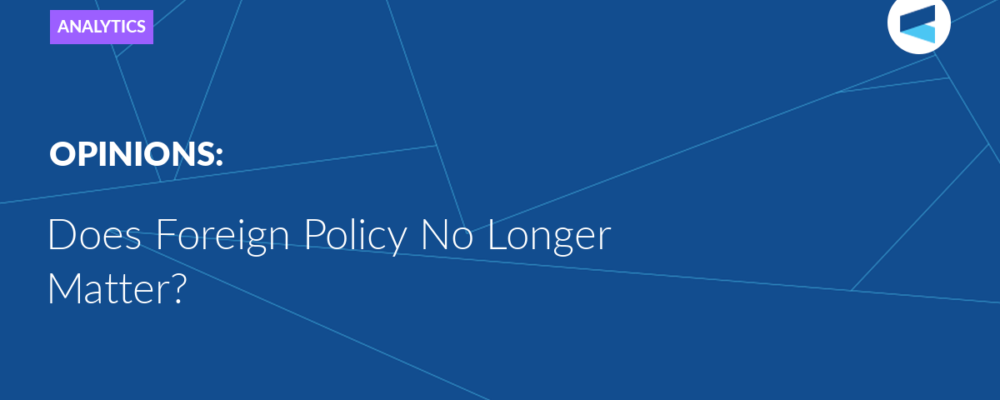The modus operandus of the West today is simple. There is, it is claimed, a ‘rules-based international order’. Those who comply with the rules are within the pale, or the inner and privileged circle that enjoys good relations with one another, including the most powerful economies in the world. However, those outside the pale are not only to be excluded; every attempt must be made to force them to accede to the so-called RUBIO. The West reserves for itself the freedom to use all weapons, including the most illicit and illegal, from sanctions to assassinations to declarations of war for no greater cause than that the adversary refused to conform to this or that element of the RUBIO. It is, of course, additionally egregious that the so-called rules based international order is unwritten and when anything is unwritten, there is no saying what it’s content might be and anything can be put in its place. This only means that the West can, and does, make it up as it goes along.
How is this related to Perpetual Peace? Contemptuous of the Catholic natural law tradition in which international law had hitherto been conceptualised, from the days of Francisco de Vitoria, Hugo Grotius and John Locke, Kant sets international law on a new, secular and, one must add, specifically bourgeois basis, arguing that subjecthood in modern society can only belong to a propertied member of civil society; that is, by one who has already acquired private property. Previously John Locke had already set the legal basis of private property in a way that justified the appropriation of North America from its inhabitants and advanced the conception of civil society in which alone its unfettered use is possible. For Kant, moreover, only private property provides the owner with the ‘independence’ to permit him to legislate. This not only leaves out all the unpropertied as those who do not rule but must be ruled, but has a grave and major implication for international affairs.
After Vitoria argued for the property and political rights of the indigenous peoples only to reserve for Europeans the right to wage war against them for violating their ‘right’ to proselytise, after Grotius had introduced the right of free agents to inflict private punishment on those outside his society, and after Locke, who critically introduced the element of (a certain kind of) labour, to justify property, we find Kant facing a new problem to resolve: one arising ‘subsequent to seventeenth-century European expansion. His subject was tasked with the problem of justifying a moral order commensurate with inter-state commerce, not just intra-national or intra-imperial trade’
.
The international relations of the capitalist world, what Marx called the ‘relations of producing nations’, had already led to the earliest absolutisms to colonise much of the world in the interests of the long-distance commercial interests that were already incubating in their wombs by the 18th
century. When Kant wrote, the matter was advanced by the beginnings of the ‘expansion of England’, kicking off the process of the dominant industrial capitalist countries colonising much of the world so as to find markets, raw materials and eventually investment outlets and cheap labour.
The Valdai Discussion Club was established in 2004. It is named after Lake Valdai, which is located close to Veliky Novgorod, where the Club’s first meeting took place.






